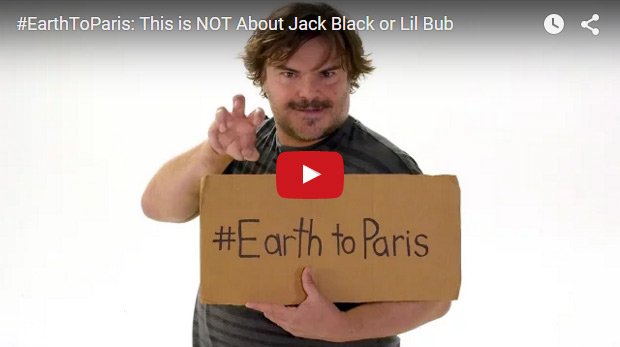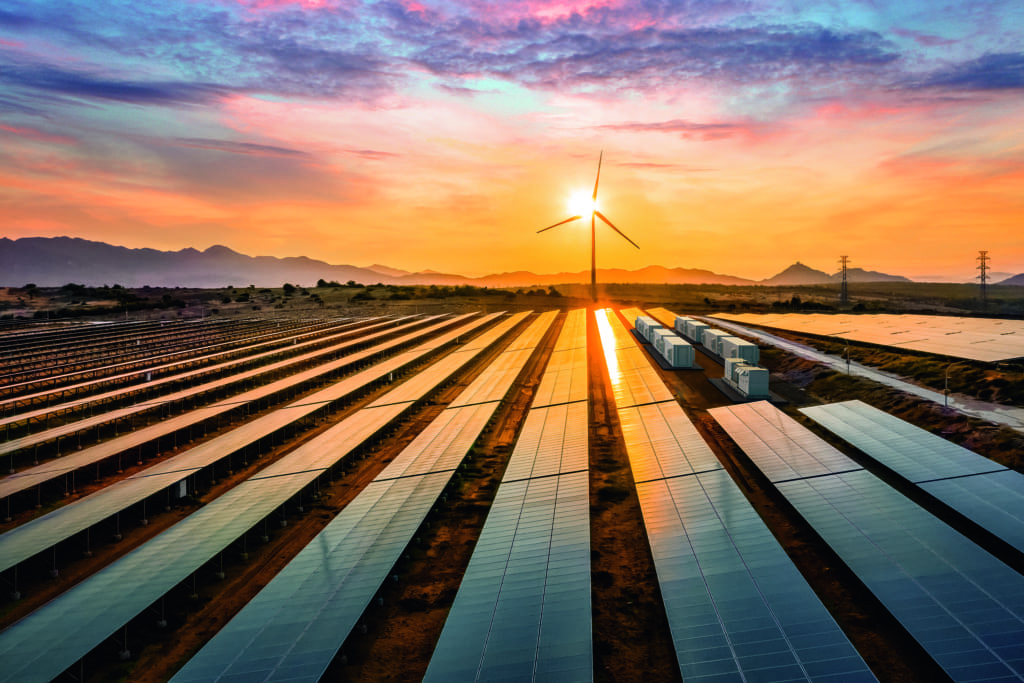World Climate Summit: Ambitious Goals Must Be Implemented

On Monday, November 30, 2015, the World Climate Summit negotiations will start in Paris. The goal: a world climate agreement to reduce global warming before it’s too late. Up to now, international climate policy has meant no more than minimal consensus. No surprise that expectations for a breakthrough in Paris are subdued. And yet, the chances for successful negotiations are not so bad, after all.
A brief look at the past shows that most climate conferences had one thing in common: they led to disappointment. Lima in 2014 was no different. Nevertheless, the countries achieved a minimal consensus that created an initial basis for a world climate agreement that is proposed as a follow-up to the 1997 Kyoto Protocol – this time with binding climate goals for all 194 member states of the UN Framework Convention on Climate Change. The agreement is set to come into force in 2020. This is at least the goal of the Paris Climate Conference, the negotiations at which are set to continue until mid-December.
Many of the most important issues in the negotiations are not new, and were already on the agenda at the 2009 Copenhagen climate negotiations. All in all, the following issues will form the negotiations:
· Efforts for climate protection in all countries
· Adapting to the consequences of climate change
· Forest protection
· Financial transfers to benefit of developing countries
· Technological cooperation
· Building scientific and political expertise
· Agreements on transnational climate change instruments
· Compensating poorer countries for the damage that climate change inflicts on them
There has been progress in negotiations in some areas since 2009. Even more significant there have also been fundamental changes in the attitude of some important countries. For example, the U.S. and China, the world’s two largest energy consumers and emitters of CO2, have put an end to their former blockades. In particular, U.S. President Barack Obama adopted a position in favor of climate protection a few months ago. There have also been positive economic developments including climate protection and economic growth are no longer mutually exclusive. As such, industrialized countries have grown over the past 10 years while clearly reducing their CO2 emissions. This is also linked to technical progress given the clear decline in the price of solar and wind energy, it has now become economically attractive to use renewable energies.
Voluntary pledges are progress but not enough
All in all, this is a good environment to finally bring climate protection a decisive step forward. However, nations are still fighting over a major long-term political goal. For example, it is unclear if fossil energy carriers will be completely discarded. How binding the agreements are is also a sticking point. In advance of the negotiations, the countries were supposed to make voluntary commitments that could be combined together into a single package during the conference. Voluntary pledges have now been received from more than 150 countries that currently cause more than 90 percent of the world’s CO2 emissions.
“We would like to have a binding agreement,” he said, “but the UN needs unanimity […] we cannot make the mistake we made in Kyoto”, Climate Commissioner Miguel Cañete today (20 October) in Brussels cited at Euractiv.com.
This suggests that negotiations may be successful on this point. However, critical voices doubt that the number of voluntary commitments already received will be enough, on its own, to prevent global warming increasing by more than two degrees (referred to as the two-degree target) by the end of the century. In addition, there are different views on how binding the goals are. This line of conflict runs mainly between industrialized countries and the up-and-coming newly industrialized countries. The primary goal of European industrialized countries and the U.S. is to reduce CO2 emissions in absolute terms between 2020 and 2030 and beyond. However, China and most other emerging countries such as India are not yet ready to commit to an absolute reduction in their emissions. Their offers are less concrete and mainly aimed at a relative reduction in CO2 emissions in relation to forecast emissions. In return, they want to promote expansion of renewable energies and improve energy efficiency. The problem here? They also want to see the expansion of nuclear power regarded as CO2-free energy.
Financing is another contentious issue. The specific focus here is on creating a compensation mechanism for damage caused by climate change. Developing and newly industrialized countries that are disproportionately affected by climate change but do not number among the main causers are requesting more financial support in adapting to the consequences of global warming.
The World Bank is becoming more heavily involved
There was a gleam of hope for this issue in early October. The World Bank and other major development banks undertook to increase resources made available for this purpose. They stated that the money is to be used to help poor countries particularly affected by climate change to better protect themselves from the consequences of climate change. This will be handled via a newly created climate fund, into which public and private donors will pay USD $100 billion every year up to 2020. So far, USD $62 billion has been firmly promised.
A chance of meeting the “two-degree target”
So, while there is definitely hope for agreement and progress, doubts as to whether the “two-degree target” can be achieved at all by the end of the century are getting louder. Even the Secretary General of the UN, Ban Ki Moon, recently expressed critical views on this issue. In a guest article on Spiegel Online, he warned: “If these national plans are successfully implemented, the emissions curve can become flatter and the temperature increase restricted to around three degrees Celsius by the end of the century.” While this is significant progress, it is not sufficient.
“The perception is that this is an environmental issue, it’s for tree-huggers, and that hard-headed business people either don’t care about it or see it as a conflict with their bottom lines,“ Obama told reporters after the meeting. “I just want everybody to understand that American businesses want this to happen as well,“ Barack Obama, President of the United States of America cited at euronews.com.
During the preparations for the summit, it also became known that global warming has reached a significant symbolic threshold. 2015 has been on average 1.02 degrees warmer than the second half of the 19th century (Source: Spiegel Online quoting the UK Met Office). This means that global warming is increasing faster than previously expected, making it more important than ever to finally take effective steps to combat climate change.
Read more
2015 World Climate Summit in Paris: Striving for a Follow-Up to the Kyoto Protocol




Feel free to contribute!